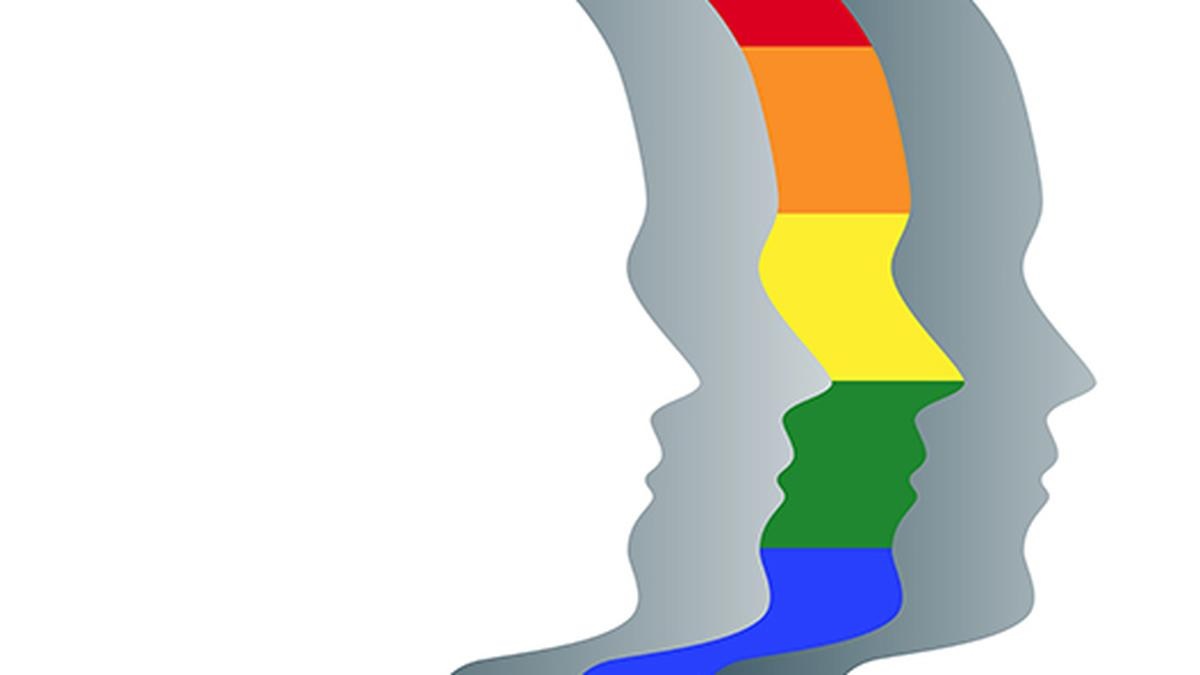Gender-Affirming Care (GAC)

- 14 Oct 2025
In News:
India has witnessed significant legal milestones in recognising the rights of transgender and gender-diverse persons, most notably the NALSA v. Union of India (2014) judgement affirming gender self-identification and the Transgender Persons (Protection of Rights) Act, 2019. However, the lived reality of transgender communities remains marked by deep social exclusion, stigma, and poor health outcomes. Among these, mental health remains the most neglected dimension, despite clear evidence linking social affirmation and access to gender-affirming care (GAC) with substantial improvements in wellbeing.
The Mental Health Crisis
Transgender individuals face disproportionate psychological distress arising from discrimination, violence, marginalisation, and denial of identity. Recent national-level studies indicate that 31% of transgender persons in India have attempted suicide, nearly half before age 20. Rates of depression, anxiety, and self-harm are significantly higher than in the general population. Research globally—including evidence from JAMA Network Open (2023)—confirms that timely access to gender-affirming interventions markedly reduces gender dysphoria, suicidal ideation, and depression, while improving life satisfaction and functioning.
What Gender-Affirming Care Encompasses
Gender-affirming care is a continuum of social, medical, and psychological support that enables individuals to live in alignment with their gender identity. It ranges from basic respect for chosen names and pronouns to counselling, hormone therapy, and surgical interventions when desired. International bodies, including the World Health Organization, recognise GAC as medically necessary, not elective, owing to its direct link to mental and physical health. Importantly, GAC is rooted in dignity and self-determination—core to Article 21’s right to life and dignity under the Constitution of India.
Barriers to Access
Despite recognition in law, access to GAC in India remains severely limited:
- Scarce trained providers and absence of standardised national treatment protocols
- Financial barriers: surgeries costing ?2–?8 lakh and hormone therapies ?50,000–?70,000 annually
- Under-implementation of Ayushman Bharat TG Plus, with limited empanelled hospitals
- Stigma in healthcare settings leading to refusal of treatment or discriminatory behaviour
- Rising cases of unsupervised hormone use, causing serious health complications including organ damage
Policy blind spots also hinder progress; the absence of transgender-specific data in major surveys like NFHS and NSSO leads to exclusion from mainstream health planning and welfare schemes.
Societal and Health Consequences
When GAC is inaccessible, the consequences are profound—heightened mental illness, economic precarity, and social alienation. Research from Indian institutions such as TISS has documented widespread discrimination in healthcare settings, with 65% of trans youth reporting some form of refusal or mistreatment. Such systemic barriers reinforce cycles of poverty, homelessness, and deteriorating health.
Policy Priorities and Way Forward
Ensuring equitable access to gender-affirming care requires a rights-based, public health-driven framework. Key priorities include:
- Integrating GAC into Ayushman Bharat with free or subsidised access in public hospitals
- Establishing national clinical guidelines and training medical personnel in gender-affirming practice
- Strengthening trans-led community institutions for outreach, mental health support, and navigation
- Mandating inclusive insurance coverage for hormone therapy and surgeries
- Building robust data systems to guide policy and budget allocations
- Launching public sensitisation campaigns to combat stigma
- Replicating successful state models such as Tamil Nadu’s gender clinics and Kerala’s Transgender Cell
Conclusion
Gender-affirming care is fundamental to the right to health, dignity, and equality. India’s progress in legal recognition must now translate into accessible, affordable, and stigma-free health services. Achieving genuine mental health equity and social justice demands urgent integration of gender-affirming care into primary healthcare systems. Empowering transgender persons to live authentically is not merely a medical intervention—it is a constitutional and moral imperative for an inclusive, humane, and equitable India.
